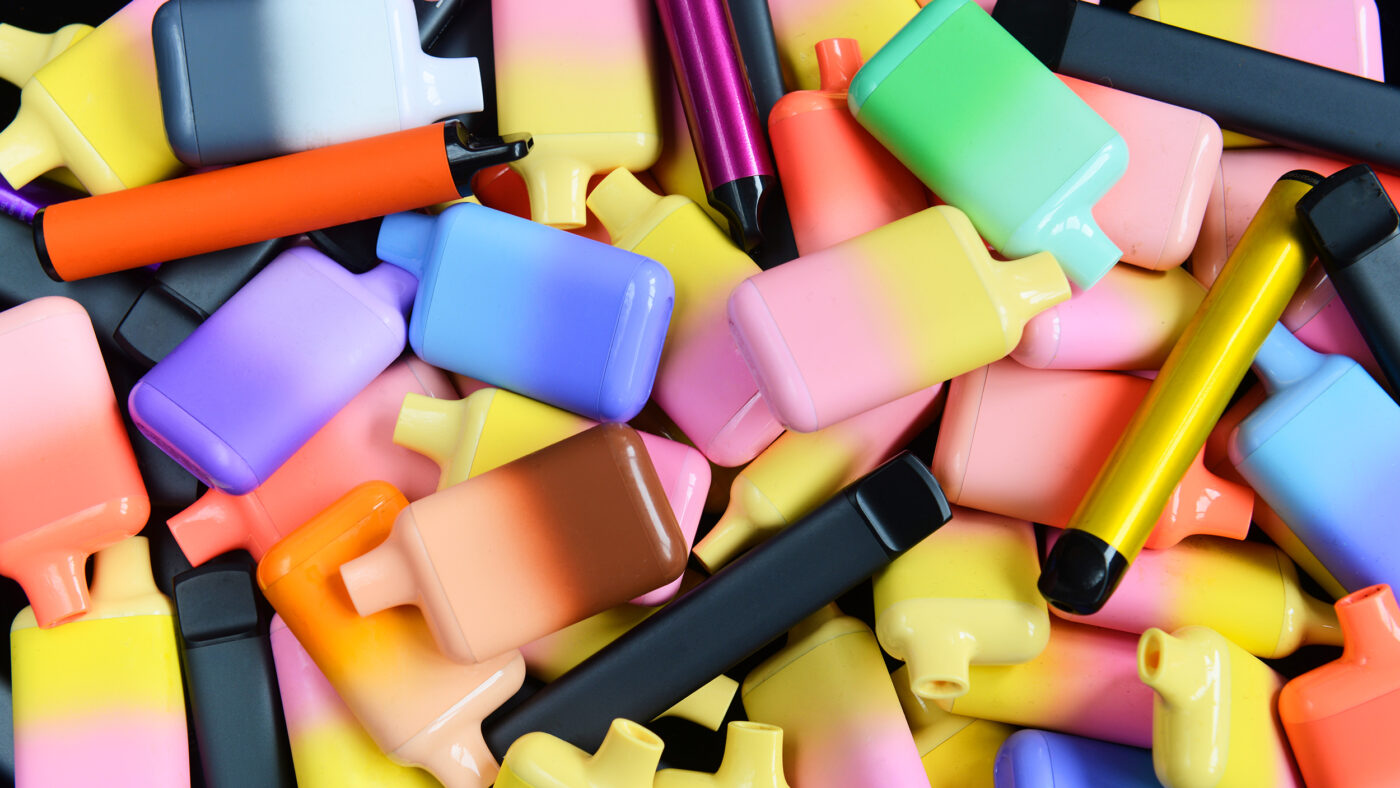The Government’s rumoured plan to ban disposable vapes under the guise of protecting children is nothing short of a spectacular misstep.
Let’s be clear: the imperative of safeguarding our children from harm is understandable. However, the decision to ban disposable vapes is a classic example of heavy-handed, knee-jerk regulation that threatens to ignite a new black market right under the government’s nose. Much like the ban on vaping products in Australia, which only served to create a thriving underground market, the UK’s ban is destined for the same disastrous outcome.
In Australia, the prohibition on vaping products has not only failed to protect children but also deprived adult smokers of a less harmful and properly regulated alternative to smoking. In the absence of a legal market, consumers have been forced into the shadows where quality control and safety standards are non-existent. Recent figures suggest that despite the country’s tough vaping laws, 1.2m adults are using vaping products, and 90% are not bought through the legal channel. With 11% of 16-24 year olds still regularly vaping in Australia, it is clear that their approach has not only failed in stopping people from vaping, but also exposed the country’s youth to a dangerous black market. The same fate awaits the UK should the government follow suit.
The reality is that vaping, when properly regulated and controlled, has proven to be a safer and incredibly effective tool for adults seeking a less harmful alternative to cigarettes. Disposables, in particular, have served as a convenient, low cost and less intimidating entry point for smokers looking to transition away from the more harmful habit of smoking. The wide availability and affordability of disposable vapes mean smokers that are considering quitting can easily give them a try before making the plunge for a more advanced refillable device.
As usual with this kind of ill-thought through ban, it would be some of the most vulnerable who would suffer most. Whilst less harmful alternatives such a heated tobacco products work for many, disposables are another valuable cessation option for those with dexterity issues such as arthritis who would struggle with more complex non-disposable vapes that involve changing coils and refilling liquids.
The ban’s proponents often cite concerns about appealing flavours and marketing tactics that may attract children. But their arguments don’t stack up. Other products that are targeted at a younger consumer base, such as fruity alcopops, are not banned. Why? Because enforcement of marketing rules, education on the dangers of alcohol, and age restrictions are effective enough in discouraging and preventing children from purchasing and consuming alcohol without infringing on the ability of adults to choose to do so themselves. The government has only recently begun to crackdown on advertising of disposable vapes, which makes the move to suddenly instigate a blanket ban on the products all the more questionable.
A more balanced approach would be to regulate the industry rigorously, continue to clamp down on bad examples of advertising, enforce age restrictions, and educate both parents and children about the potential risks and benefits of vaping. It is entirely possible to protect children without criminalising adults who have chosen a less harmful way to satisfy their nicotine cravings.
The government needs to rethink its approach and consider more effective, evidence-based solutions that prioritise both public health and personal choice.
Click here to subscribe to our daily briefing – the best pieces from CapX and across the web.
CapX depends on the generosity of its readers. If you value what we do, please consider making a donation.


